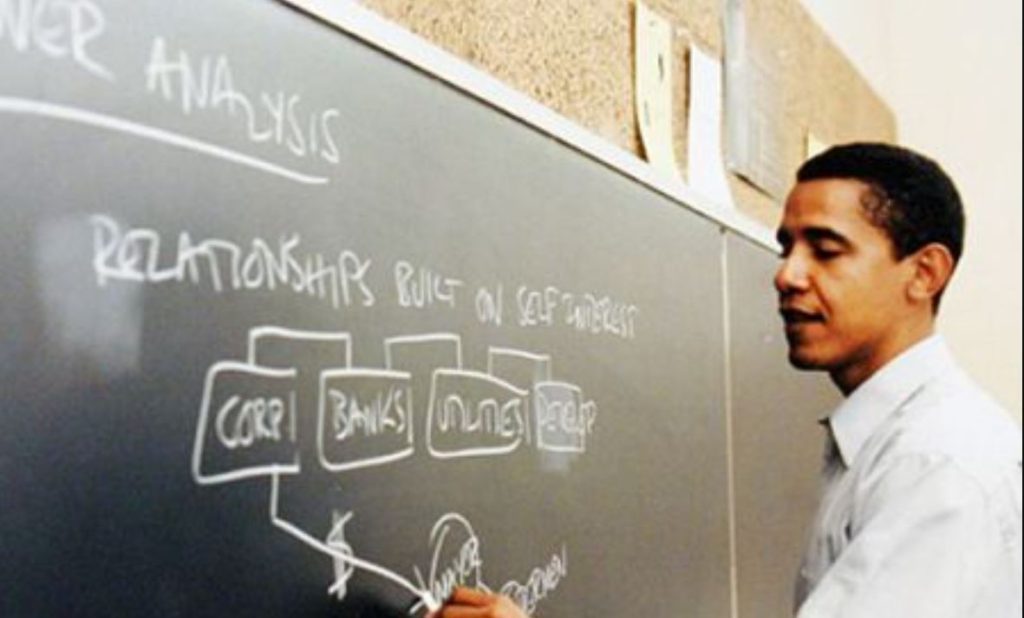Republicans control of most states and the Federal government did not happen by accident. Most don’t see the GOP as a grassroots operation. But indeed they fund their grassroots. Democrats just go for the bang of population centers. In a gerrymandered country and one where 50%+1 isn’t enough to get lasting, meaningful middle-class centric legislation, one must explore other options.
President Obama won in two popular and electoral landslides because he used the concept of microtargeting. President Trump proved that while a failing party cannot win by popular vote, microtargeting in a gerrymandered country is very possible. Some may balk at Trump’s methods or the role of the Russians in his win, but the fact is it still boils down to targeting in all the right place.
Jeremy Corbyn, leader of the Labour Party in U.K, is creating a strategy that many are discounting but that could bring their party back into power. The Independent reports the following.
Not many people will have noticed the news, reported on Monday morning just as Theresa May’s ill-fated reshuffle began, that Jeremy Corbyn has set up a “community campaign unit”, a small but growing department in his office that will focus on organising with communities and groups of employees, helping them to campaign on local and workplace issues.
This sounds pretty innocuous, but it might turn out to be one of the most transformative political decisions of the Labour leader’s career, because it could change how we think about political parties. If Corbyn gets his way, when you think of Labour, you won’t imagine rows of MPs on green leather benches, or a smartly suited minister chatting to a reporter. Instead, you’ll think of activists reinvigorating their estate’s tenants association, while others organise their co-workers and stand with them on picket lines. …
Of course, many in the establishment of the Labour Party are hesitant to change. Like our Democratic Party Establishment; they want the activist, the ones bringing in the new, to bend towards them.
Some Labour stalwarts would like the party’s newbies to come to more constituency and branch meetings, but among the incomers are highly experienced campaigners whose talents may lie elsewhere. Like the members of Greece’s Syriza, the Corbynistas are drawn both from the trade unions and from the social movements: environmentalists, students, feminists, anti-racists, disability campaigners and LGBT activists. Many of these people have been organising in communities and in work places for decades, and if the new unit does its job, they’re going to start doing so under the Labour party banner. …
The establishment complains that activists by their nature will create chaos because they won’t stick to some fixed script.
Some parliamentarians fear this could breed chaos in their party. They imagine, not unreasonably, activists wearing Labour T-shirts going off-message on the local evening news. Community organising is, however, a hymn sheet from which all Labour members can sing.
All of this sounds very familiar. It is the treatment that many in the Democratic Party establishment apply to those who are seeking more for the poor and the middle-class, those who do not allow the restrictions the plutocracy dictates to stop the fight for real progress for all.
Progressive in America through organizations like Indivisible and Our Revolution are answering the call. They are mobilizing communities. Many are running as Democrats. What they hope is that the party will embrace them instead of trying the same old tired techniques that do not work.

